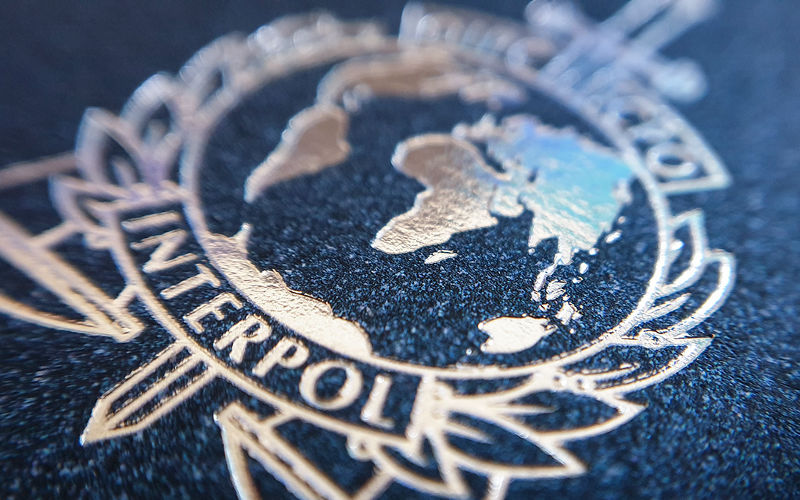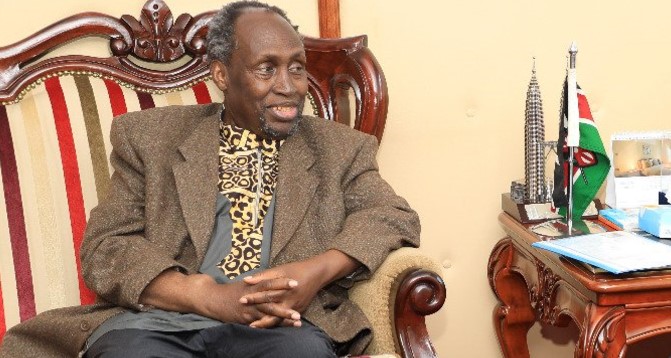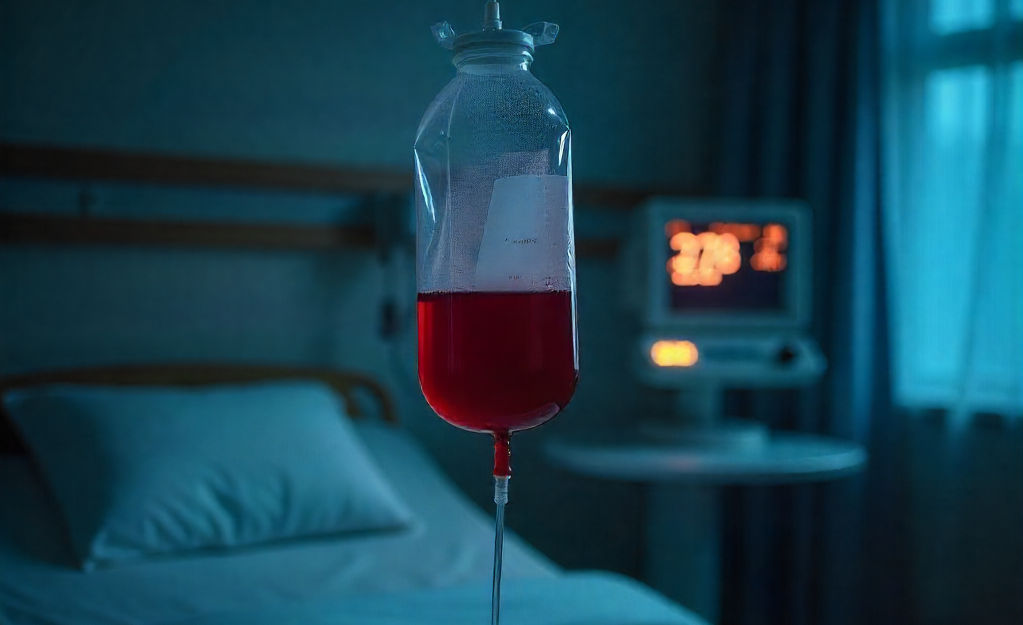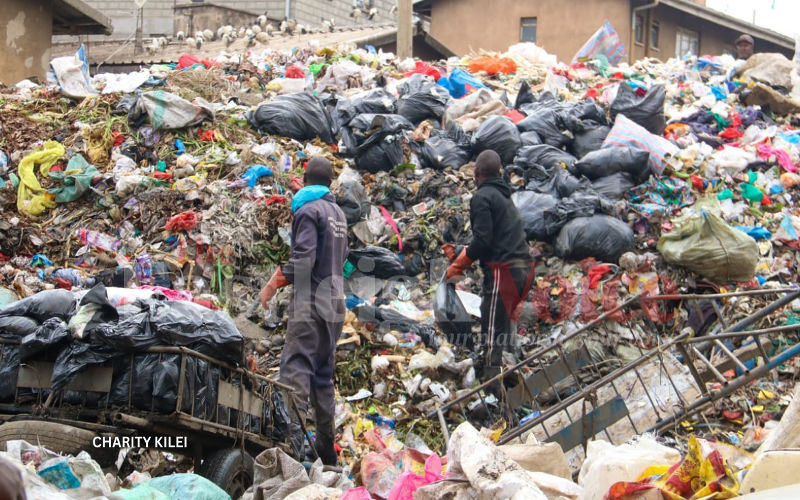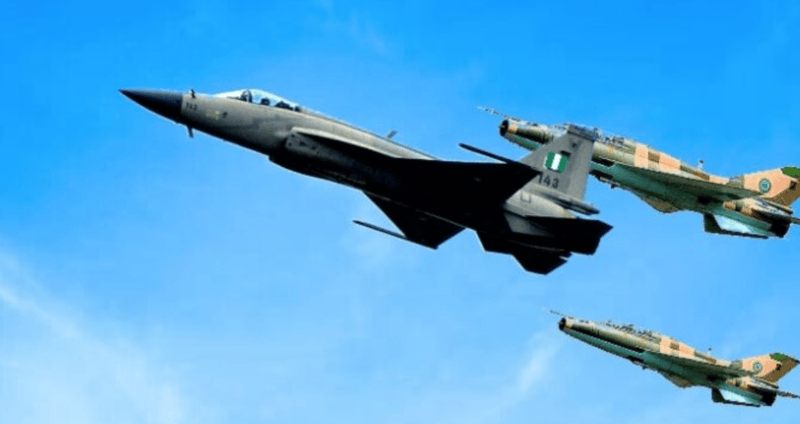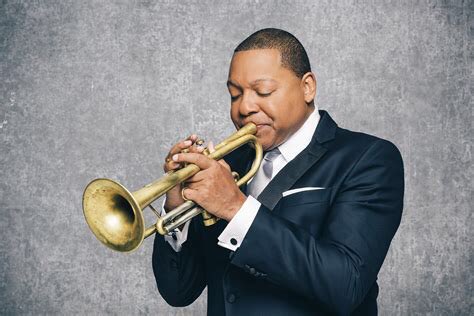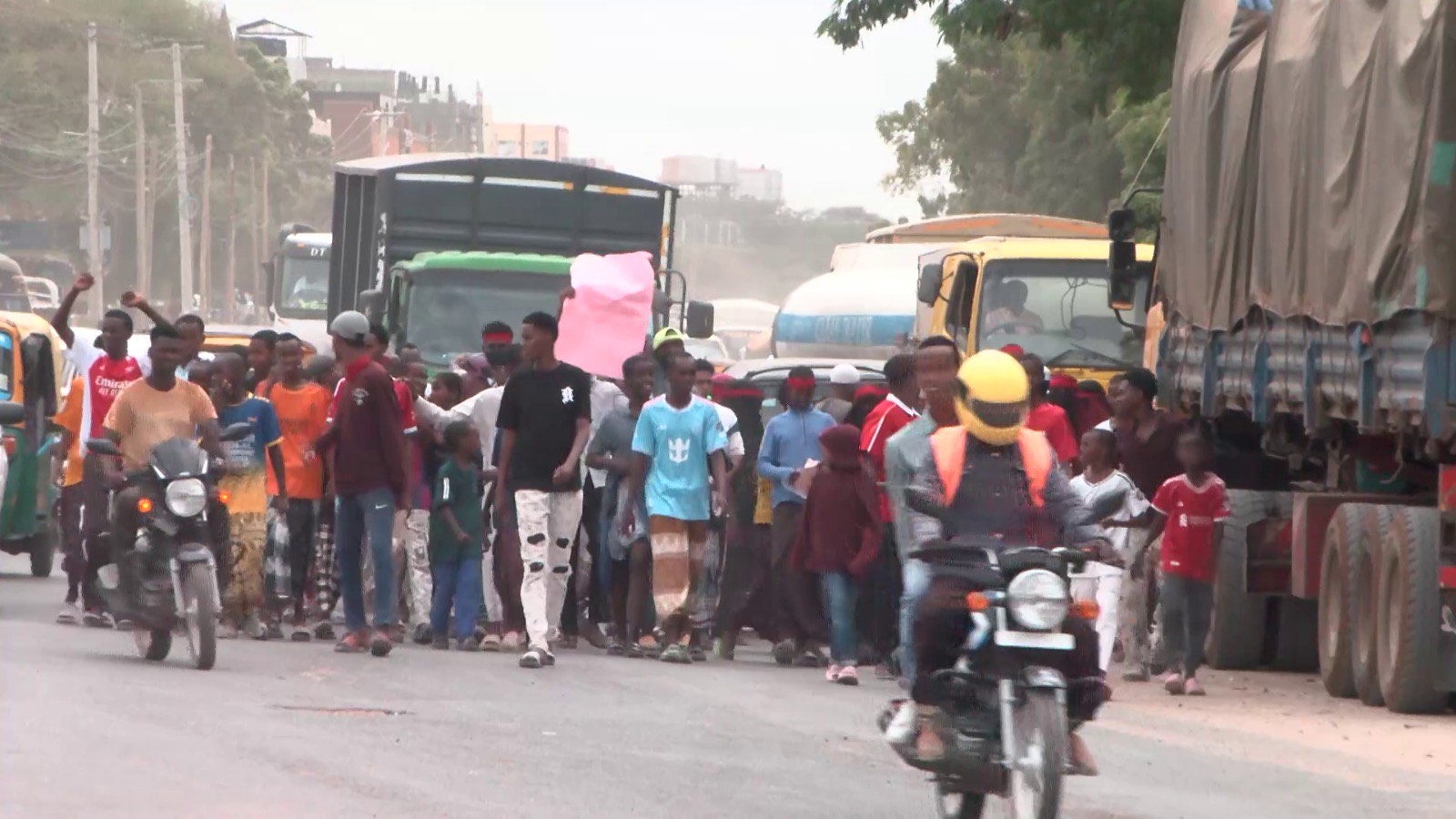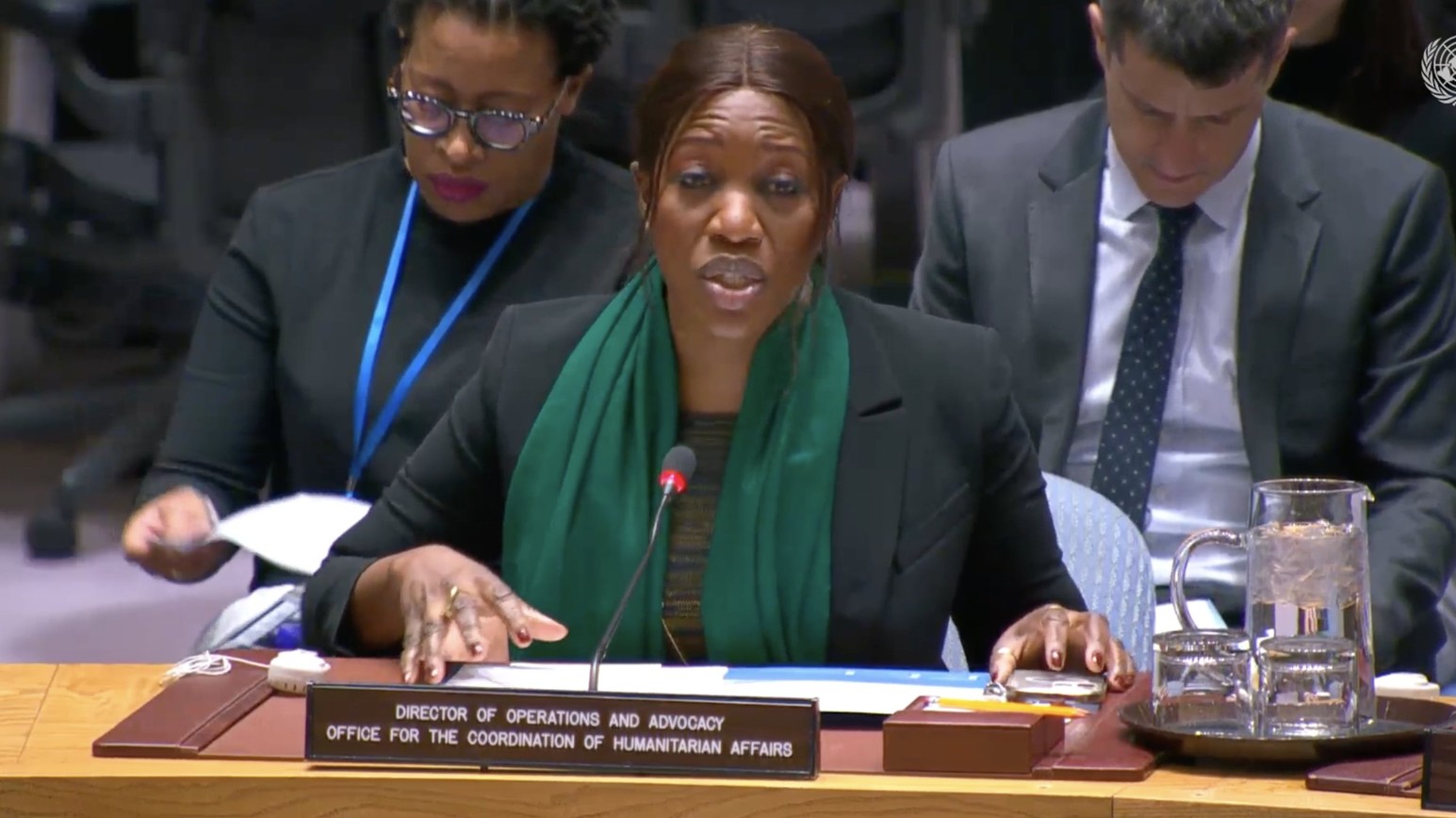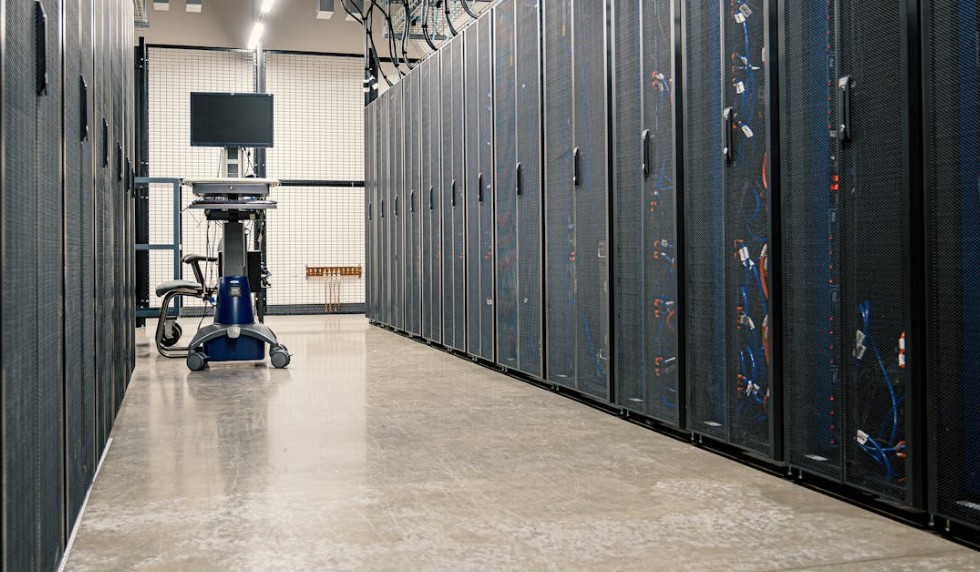Why most Muslims prefer to slaughter goats for Qurbani during Eid ul-Adha
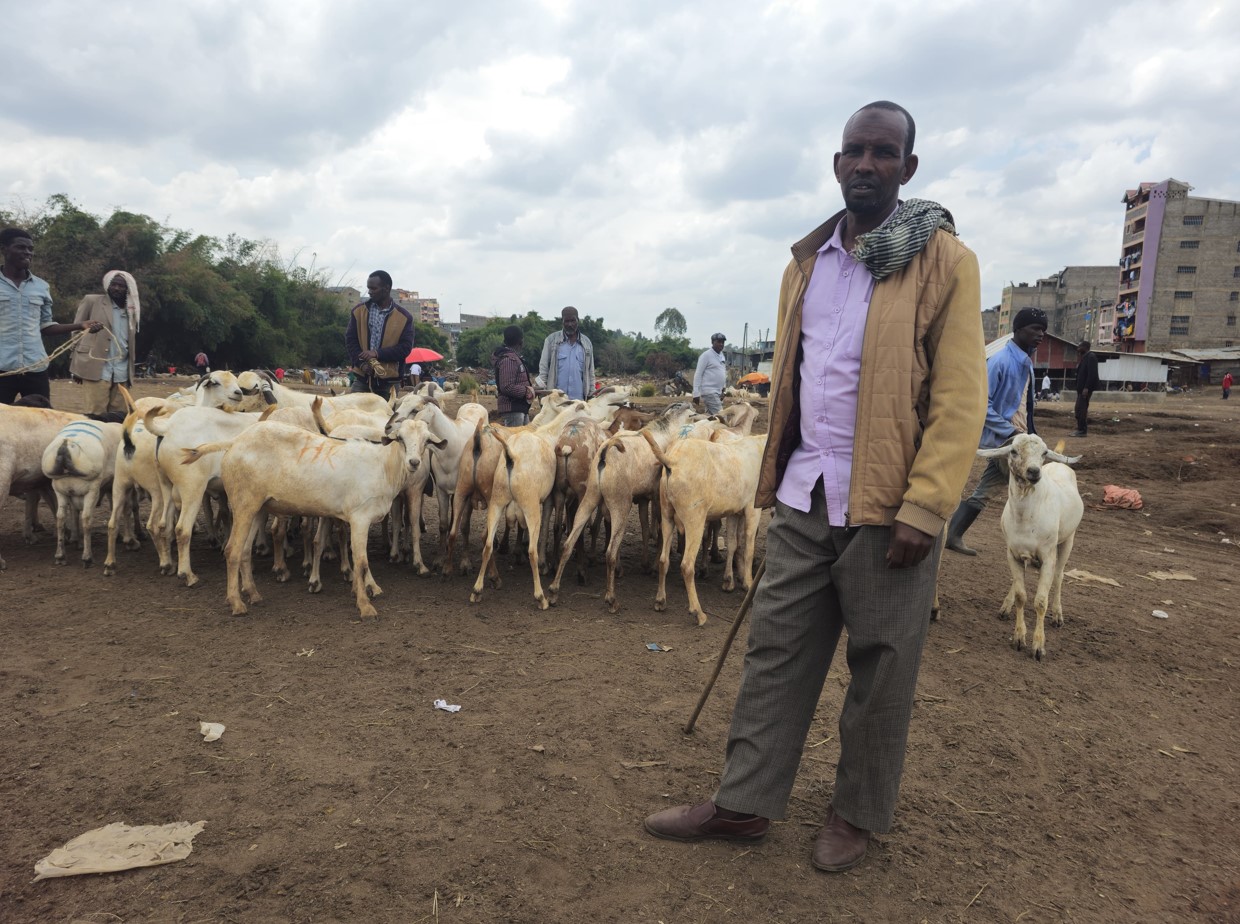
Although Islam permits the sacrifice of cows and camels, many Muslims prefer goats to reflect the act of Prophet Ibrahim.
Kiamaiko market, home to over half a million people, is at the centre of Qurbani preparations, making it easier for Muslims to buy goats for this significant occasion.
Qurbani, which means sacrifice, is an annual Islamic tradition during the month of Dhul Hijjah, the 12th month in the Islamic calendar.
More To Read
- Eastleigh residents find unity, joy in Eid-ul-Adha celebrations amidst harsh economic times
- In Pictures: Muslims countrywide celebrate Eid-ul-Adha
- Muslims across Kenya mark Eid-ul-Adha with prayers and sacrifice
- Muslims in Eastleigh, rest of Kenya observe the Day of Arafah through fasting
- Eastleigh comes alive with festive spirit as residents gear up for Eid-Ul-Adha amid tough economy
- Kenyan Muslim organisations launch Sh5.4 million Udhiyah programme for Gaza amid deepening humanitarian crisis
Muslims worldwide slaughter an animal — typically a goat, sheep, cow, or camel — to commemorate Prophet Ibrahim's willingness to sacrifice his son Ismail at God’s command.
A portion of the meat from the sacrificed animal is distributed to the poor and the vulnerable. Traditionally, a third is kept for the family, another third is given to neighbours, and the remaining portion goes to those in need.
Although Islam permits the sacrifice of cows and camels, many Muslims prefer goats to reflect the act of Prophet Ibrahim.
Suleiman Ahmed, who has been participating in Qurbani for the past ten years, said he has always sacrificed goats as they are cheaper and tastier. He noted that even Prophet Ibrahim sacrificed a goat and not a cow or camel.
"Goats are cheaper compared to cows or camels. Prophet Ibrahim also sacrificed a goat," he said.
As Nairobi's largest goat market, Kiamaiko attracts hundreds of Muslims looking to buy goats for Qurbani, which begins on Sunday and will continue through Tuesday. The celebration of Eid ul-Adha spans three days, allowing for extended festivities.
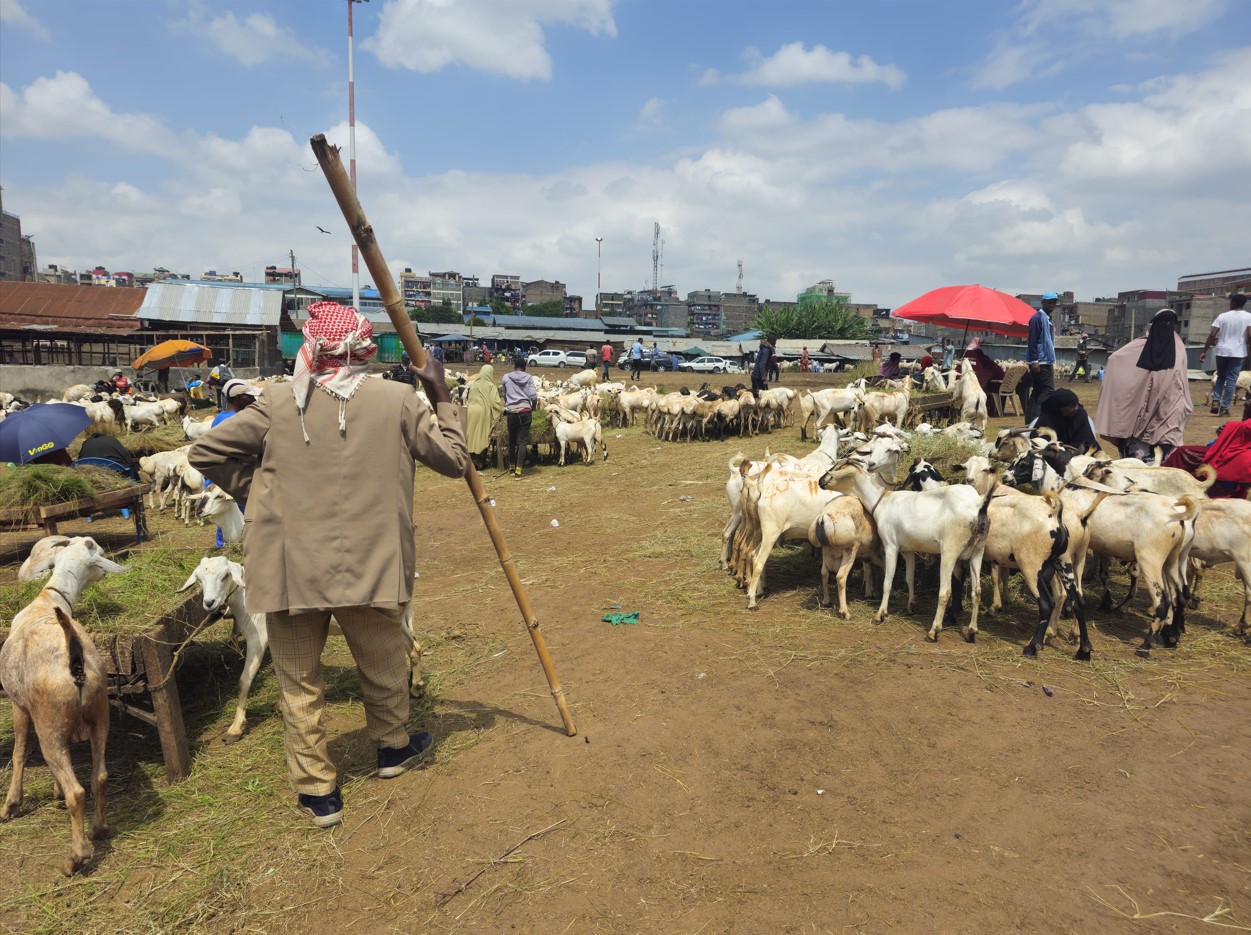 Some of the goats sold in Nairobi's largest goat market, Kiamaiko. Photo: Abdirahman Khalif
Some of the goats sold in Nairobi's largest goat market, Kiamaiko. Photo: Abdirahman Khalif
At Kiamaiko, herdsmen deliver thousands of goats to waiting customers. Traders negotiate prices with buyers, often handling large amounts of cash. Among these traders is Ali Mohamed, who has been selling goats for over 32 years.
Ali, who moved to Kiamaiko in 2001, says there is always a significant rise in business during Eid. He tells The Eastleigh Voice that in three days, has sold over 500 goats, primarily to residents of Eastleigh, South C, and South B.
"Business is booming as hundreds come here to purchase their goats for Qurbani," Ali says.
Hassan Mohamed, another goat trader, looks forward to Eid ul-Adha every year as it is the period he earns the most from his business. He says there is a sharp increase in the prices of goats during this time. While goats could sell for as low as Sh7,000 ordinarily, they range from Sh15,000 to Sh18,000 during Eid.
"This is the Eid of Sacrifice, and that's why goats are very expensive. It's the time most of us traders make good fortunes," Hassan says.
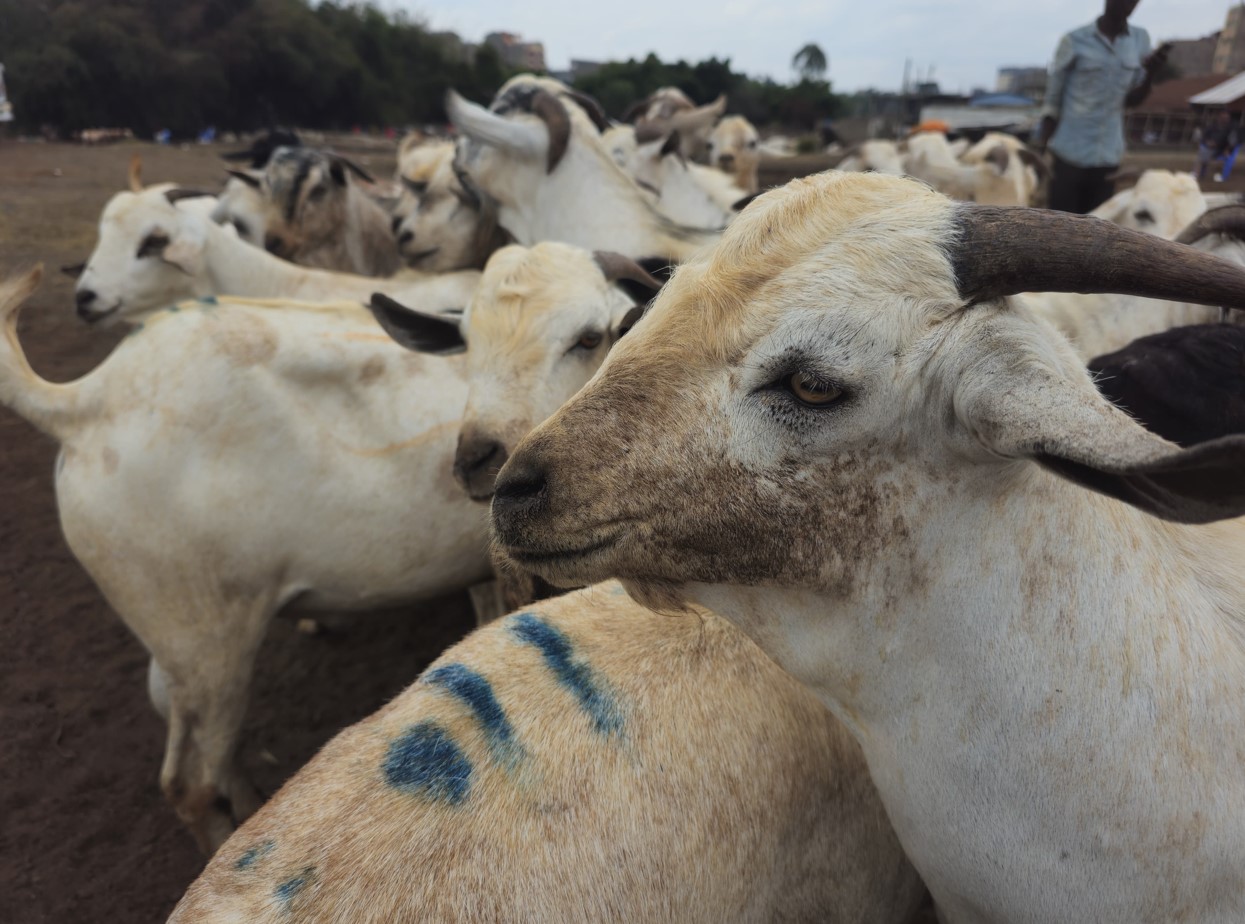 A closer look at some goats purchased by a customer for this year's Qurbani. Photo: Abdirahman Khalif
A closer look at some goats purchased by a customer for this year's Qurbani. Photo: Abdirahman Khalif
Amina Rajo, a 70-year-old mother, has been in the goat business for over 24 years. She took up the trade after her husband died in 2000, raising her seven children and several relatives through her earnings. Amina believes no other season compares to Eid ul-Adha in terms of sales.
"Not even Christmas can compare to this Eid. Goats get expensive and sell quickly, and there are many buyers," she says.
Faisal Yarow, a customer at Kiamaiko, says he came to purchase goats early due to rising prices.
"It's good to buy your goats early. Otherwise, on the final day, some goats might sell for as high as Sh20,000," he says.
Faisal also prefers goats for their taste compared to other domestic animals.
"I always opt for goats because they are tasty. I want to offer what is good to the people. Camel meat is hard, and cows are not easily maintained," he adds.
Top Stories Today


